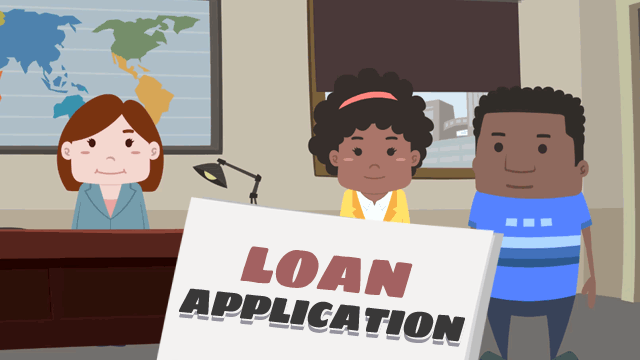Buying a Farm Residence With An FHA Residential Real Estate Mortgage
December 4, 2024
Borrowers who want to buy a farm residence are in luck with the FHA loan program, which includes options to purchase farm residences.
Those purchases must be made under specific conditions when the primary focus is on the residence itself. This distinction is crucial: the FHA loan program is intended to support homeownership, not business ventures.
Getting an FHA Farm Residence Loan
A successful FHA farm loan is one in which the buyer wants a home that happens to be situated on a rural property rather than trying to pay for the purchase of a working farm. For farm residence loans, the appraisal process is crucial.
While the FHA appraiser will consider the land surrounding the home, the emphasis is on its value as a residence, as mentioned above. The appraisal amount will not include its business or agricultural potential.
Things To Know
- A reasonable amount of acreage typical for a homeowner in the area will be included in the appraisal. Don’t expect more consideration than for a typical front and back yard.
- Excess farmland, barns, silos, outbuildings used for commercial farming operations, and specialized equipment are considered commercial assets and do not contribute to the appraised value for FHA loan purposes.
- Outbuildings or land areas that are intended for personal use may require you to provide documentation to support this claim.
- Beyond the appraisal, several other FHA requirements must be met. The borrower must intend to occupy the farmhouse as their primary residence. The property must also meet FHA's minimum standards for health, safety, and structural integrity requirements.
- Finally, borrowers must meet FHA's debt-to-income ratio requirements and have a credit score that meets the lender's standards.
Despite these requirements, FHA loans often have more relaxed eligibility criteria, making them accessible to a wider range of borrowers. They typically offer competitive interest rates, which can translate to significant savings over the life of the loan.
However, potential challenges and considerations should be acknowledged. FHA loans have maximum loan limits that vary by county, and these limits may be lower in rural areas, potentially impacting purchasing power.
FHA loans also require both upfront and annual mortgage insurance premiums (MIP), which increase the overall cost of the loan. Discuss your needs with a lender before committing to a farm residence loan to better know your options and obligations.

FHA Loan Articles
August 23, 2023Mortgage APR (Annual Percentage Rate) and a loan's interest rate are two different things, although they are closely related. Understanding the difference is an important part of a borrower's analysis of the true cost of their mortgage.
August 19, 2023FHA refinance loans allow homeowners with existing FHA loans to refinance their mortgages. These loans are designed to help borrowers take advantage of lower interest rates, reduce their monthly mortgage payments, or access equity in their homes for various purposes.
August 14, 2023FHA loans typically require a minimum down payment of 3.5% of the purchase price of the home with the right credit score. This means that if you're buying a house for $240,000, you would need to make a down payment of at least $8,400.
August 10, 2023FHA loans have specific rules and requirements for borrowers who have filed for bankruptcy. The guidelines can change over time, so it's essential to consult with a qualified lender or FHA-approved counselor for the most up-to-date information.
August 3, 2023FHA loans are primarily designed to help individuals and families purchase homes for use as their primary residences. Rules for these loans generally discourage their use for investment properties or rentals. However, there are exceptions that come with strict rules.







